Unlocking Success in Blackjack: Expert Strategies and Essential Tips
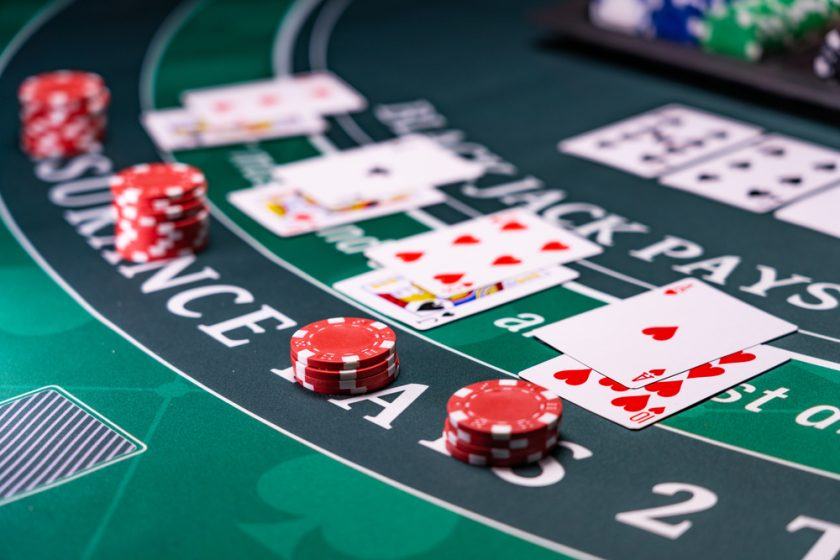
Key Foundations: Building Your Blackjack Skillset
If you want to excel at blackjack, understanding the fundamentals is your first step. Blackjack combines chance and skill, and players who learn the rules, adopt essential strategies, and manage their resources wisely are best positioned for consistent success.
- Learn the official game rules and payout structures before you play for real money.
- Embrace basic strategies to minimize the house edge and maximize your advantage.
- Explore how card counting can tip the scales in your favor (where applicable).
- Develop strong bankroll management habits to maintain control over your play.
- Experiment with advanced betting systems, such as the Martingale or Paroli, to tailor your wagering style.
- Hone your skills by practicing free blackjack and adapting your approach based on new insights.
Mastering these basics lays the foundation to pursue more advanced strategies and boost your long-term results at the blackjack table.
Getting Started: Crucial Beginner Blackjack Tips
Before sitting down at a casino table or logging into an online game, understanding the core objective and your initial decisions is key. The aim of blackjack is to beat the dealer by achieving a hand total closer to 21, without exceeding it. Deciding when to hit, stand, double down, split, or take side bets will shape your gameplay.
Essential guidance for newcomers includes:
- Always stand when holding a hard 17 or more.
- Stand on 12 to 16 if the dealer shows a card between 2 and 6.
- Double down on a hard 11 for aggressive play.
- Always split Aces and 8s-but never split 10s or 5s.
Additionally, familiarizing yourself with hand signals can make live play smoother:
- Tap the table for a hit to receive an additional card.
- Wave your hand horizontally to stand and signal no more cards.
- For doubling down, add an equal chip stack beside your bet and raise a finger.
- For splitting pairs, match your initial wager and form a V-shape with two fingers.
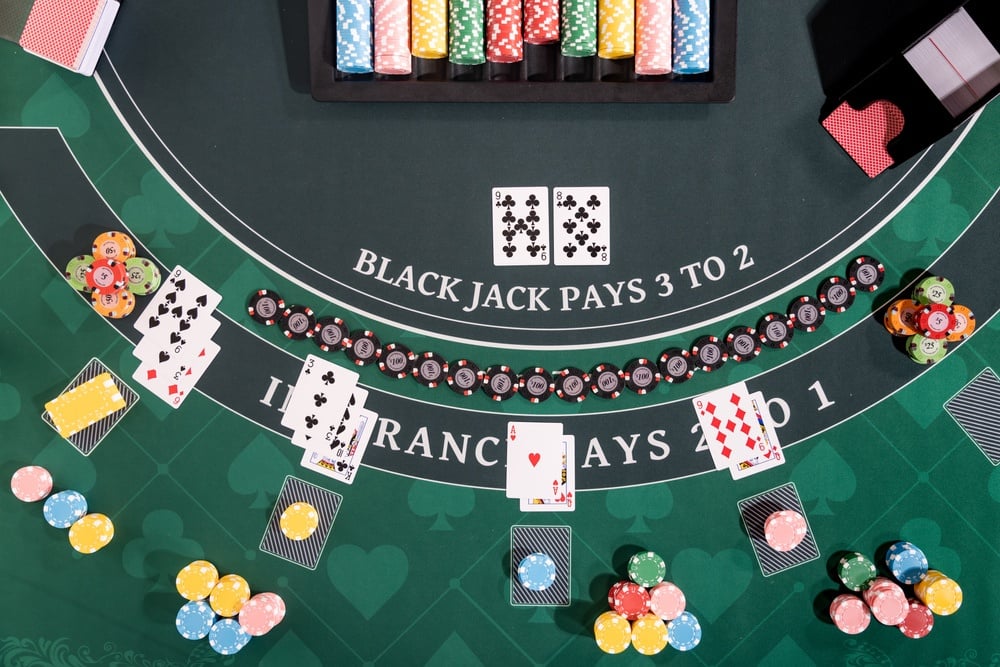
Learning these signals and strategies will help you enjoy a smooth, confident start to your blackjack experience.
Elevating Your Play: Intermediate and Advanced Blackjack Tactics
As you build confidence with the basics, consider incorporating more advanced approaches into your strategy.
Leveraging Strategy Charts for Optimal Decisions
A blackjack strategy chart is an indispensable tool for making the right move every hand. These charts map out your options-whether to hit, stand, split, double, or surrender-according to your cards and the dealer’s upcard.
Using a chart specific to the game variant you’re playing can statistically reduce the house edge. Many casinos allow pocket-sized charts at the table, and they’re also a great study tool when practicing online or in demo mode-never hesitate to use one to reinforce the optimal plays as you learn.
Card Counting: Gaining a Statistical Edge
Card counting, long favored by advantage players, involves tracking high and low cards dealt to estimate remaining deck composition. Employed effectively, it can give you a small but notable advantage over the house, especially in games using fewer decks. The Hi-Lo system is a popular starting point for beginners.
Card counting requires consistent practice, a strong memory, and discretion, as casinos actively discourage this method. Note: most online blackjack games are dealt from a continuously shuffled virtual deck, making card counting ineffective in digital formats.
Understanding True Count and Deck Penetration
In games that use multiple decks, the concept of the "true count" becomes vital. The true count adjusts your running count based on the number of decks remaining, providing a more accurate gauge of your advantage or disadvantage.
For instance, a running count of +6 in a six-deck game means a true count of +1, whereas that same running count in a two-deck game would represent a much stronger position. The higher the true count, the more advantageous it becomes for the player to increase their bets or modify strategy accordingly.
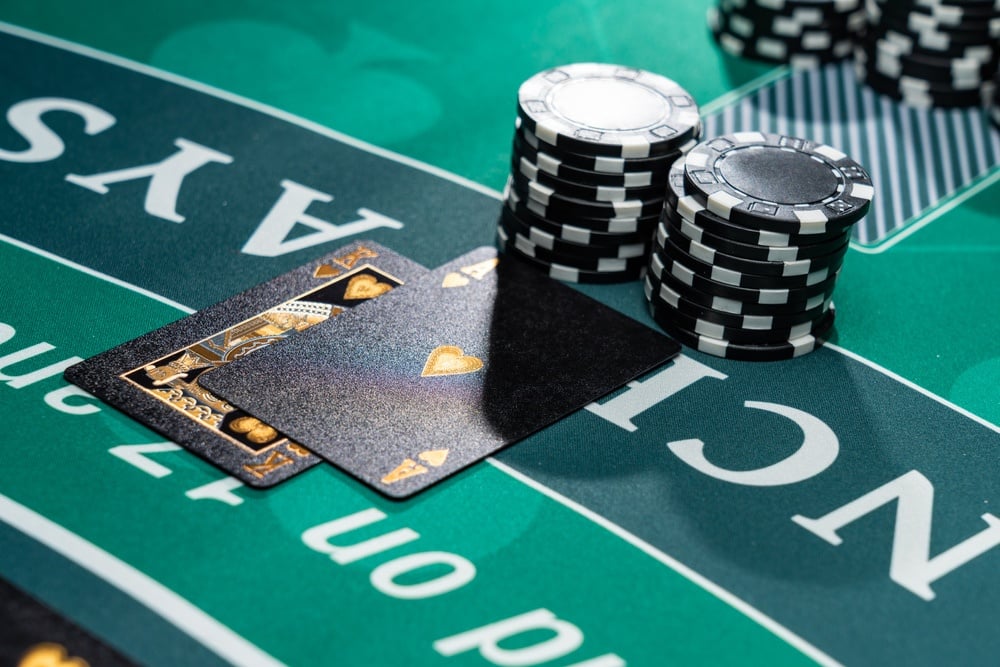
Blackjack Money Management: Protecting Your Bankroll
A vital aspect of long-term blackjack success is managing your funds prudently.
Setting Limits and Sticking to Your Budget
Define a clear overall bankroll-the amount you can comfortably lose without financial impact-and a session-specific budget for each play period. This approach lets you enjoy the game without stress, knowing your exposure is controlled.
Handling Wins and Losses Responsibly
Luck plays an inevitable role in blackjack, so swings both positive and negative will occur. Establish a rational, long-term mindset:
- Focus on consistent, strategic play over time rather than short-term highs and lows.
- Don’t allow losing streaks to provoke frustration or reckless bets.
- Likewise, avoid letting winning streaks fuel overconfidence or riskier wagers.
- Step away if you feel emotion impacting your decisions.
Smart Use of Betting Systems
Various betting systems, including the Martingale, Fibonacci, and Paroli, offer structured frameworks for adjusting bet sizes. While these can help maintain discipline, remember that no system guarantees win-choose one in line with your risk tolerance and always prioritize long-term discipline over chasing losses.
Common Player Pitfalls: Mistakes to Avoid in Blackjack
Blackjack rewards skill, but avoidable errors can undermine your efforts. Watch out for these frequent missteps:
- Misplaying soft hands: Be cautious and refer to strategy charts for hands with Aces, as these hands are more flexible but can be easily mishandled.
- Overlooking house rules: Review all table rules and conditions-variation exists between casinos and table types. Ask for clarification on anything you’re unclear about.
- Over-betting and chasing losses: Heavy wagers in pursuit of lost funds is a classic way to exhaust your bankroll. Stick to your limits, and never let emotions guide your bets.
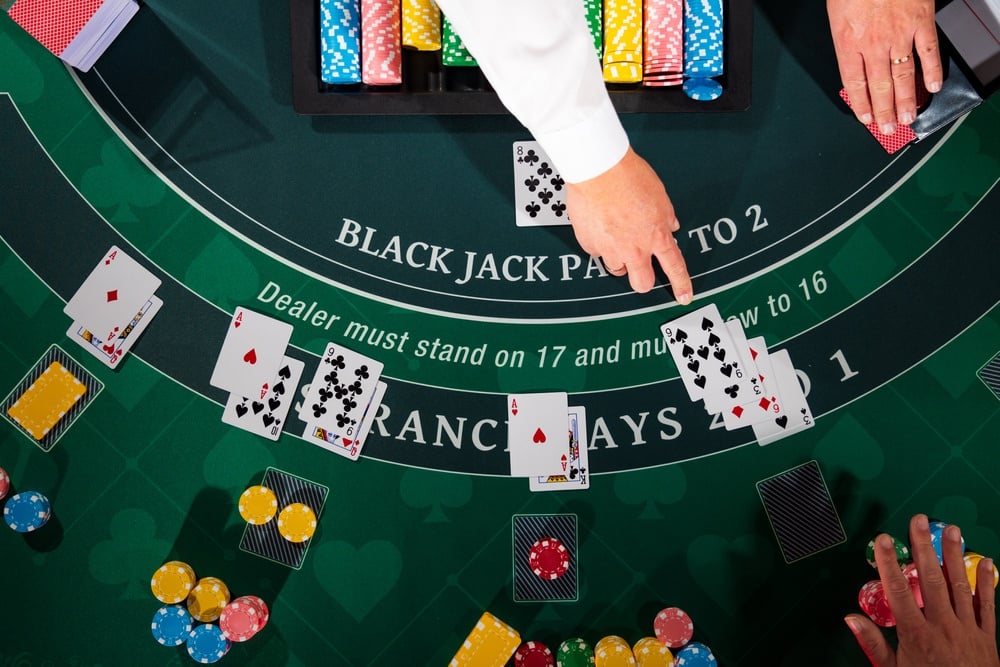
Blackjack Etiquette: Dos and Don’ts at the Table
Success at blackjack goes hand in hand with good table manners, especially in live casino settings.
Respectful Interaction with Dealers and Fellow Players
Blackjack is moderately social-unlike craps, some table banter is common but not mandatory. Feel free to keep to yourself or engage in conversation as the atmosphere allows.
Tipping Practices
In many land-based casinos, tipping the dealer after a successful session or a streak of wins is customary. The specifics vary by location and bet size-for lower-stakes tables, the occasional modest tip is standard, while higher stakes often justify larger gratuities.
Composure and Courtesy
Maintaining a calm demeanor-win or lose-not only improves your experience but fosters a positive environment for everyone. Respect the dealer, avoid harsh reactions to losses, and contribute to a friendly table vibe.
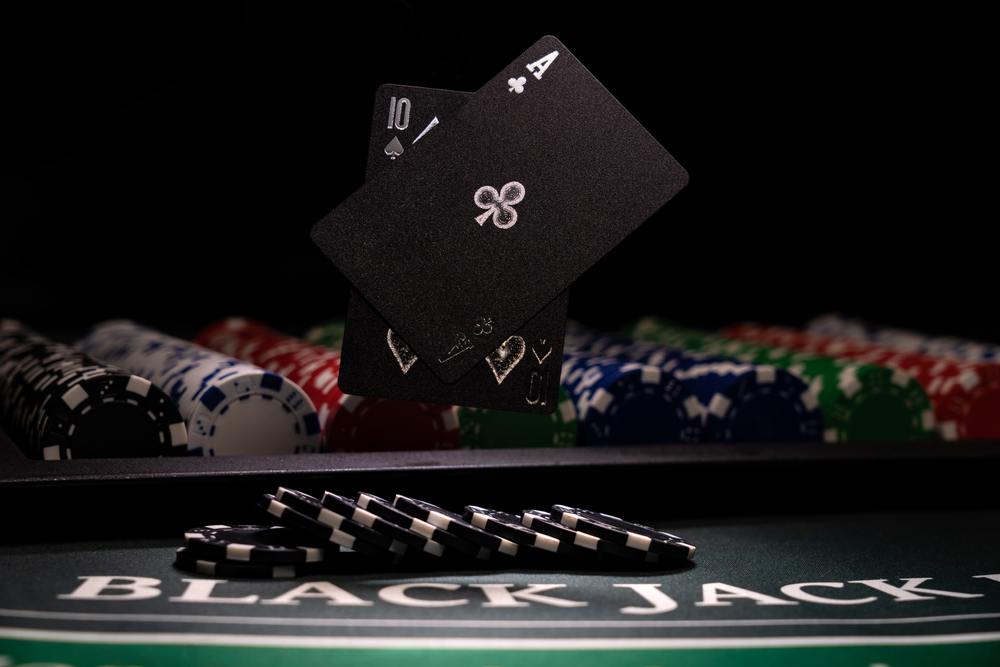
Frequently Asked Blackjack Questions
What Is the Most Effective Blackjack Strategy?
The most reliable strategy is to consult a blackjack strategy chart tailored to your game variant, ensuring your choices are statistically optimal every time-something even seasoned players do regularly.
Can You Win at Blackjack Consistently?
No approach can guarantee winning every session, but studying the rules, practicing free online blackjack, using a strategy chart, and keeping careful tabs on your bankroll will substantially improve your long-term odds.
Are There Any Simple Tricks to Blackjack?
While blackjack is straightforward, basic principles can elevate your game. For instance: always stand if you have 12 through 16 against a dealer’s 2-6 upcard; always split Aces and 8s, but never split 10s or 5s.
What Is the 777 Rule in Blackjack?
In specific variants, like Blazing 7s Blackjack, the 777 rule means you receive bonuses or special payouts if your dealt cards are combinations of 7s-especially lucrative if all three visible 7s appear between you and the dealer.
Conclusion
Excelling at blackjack involves much more than luck. By embracing foundational strategy, practicing advanced methods, managing your resources attentively, and displaying sportsmanship at the table, you'll give yourself every possible edge-and make every hand a more rewarding experience.













